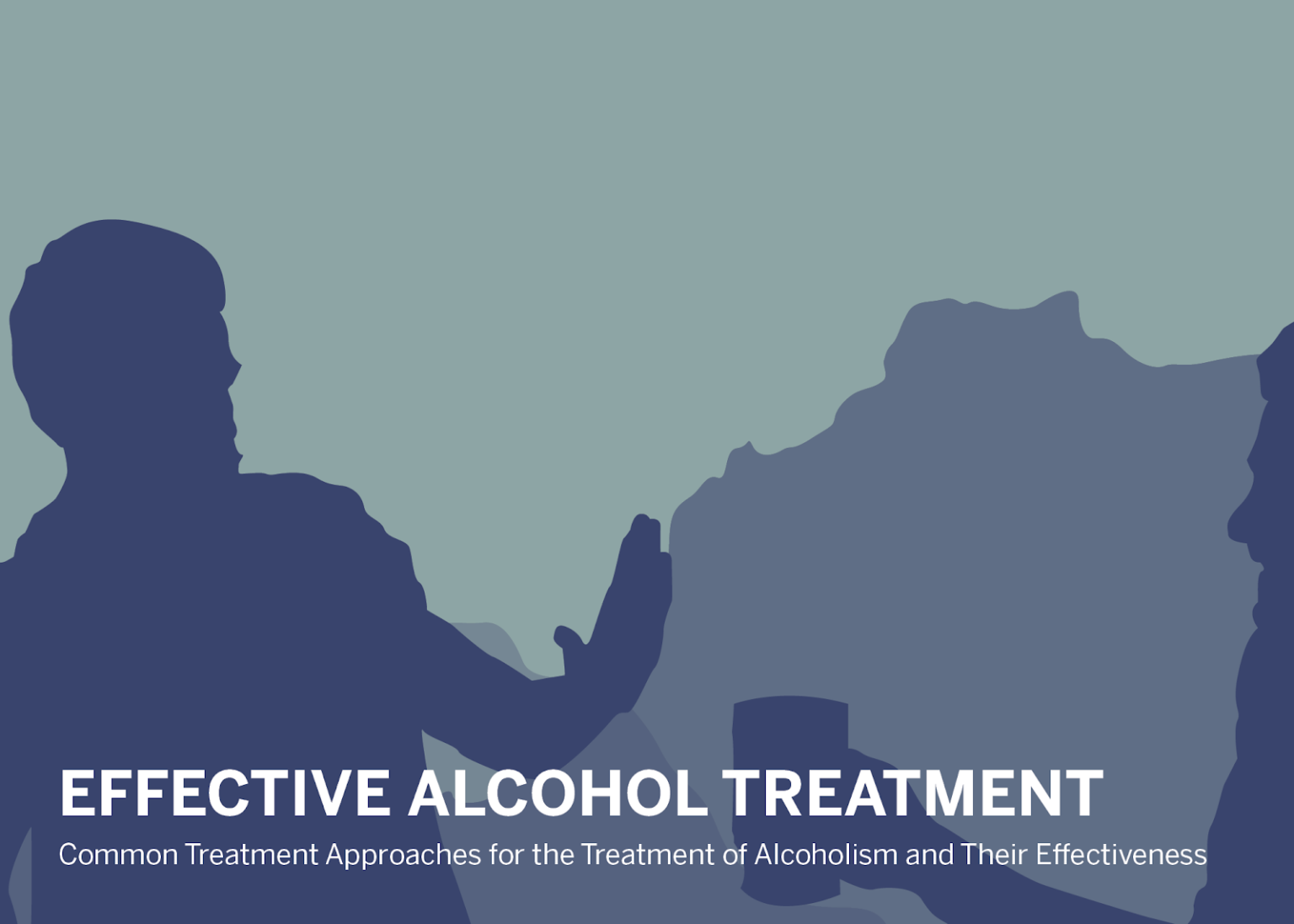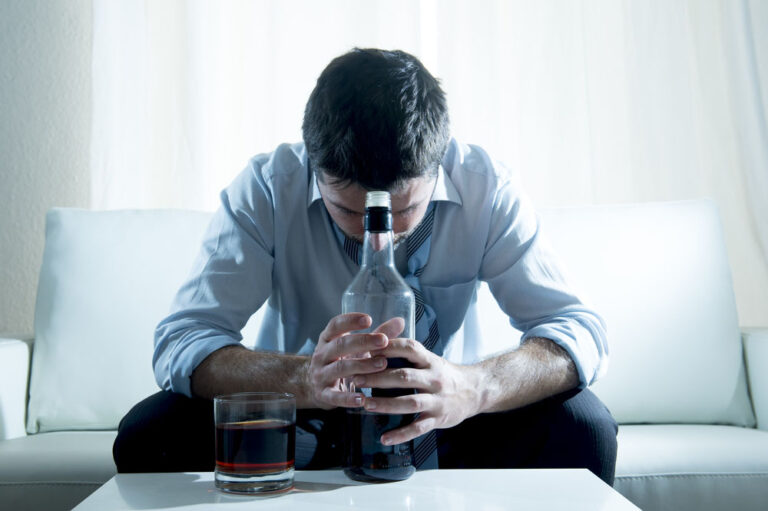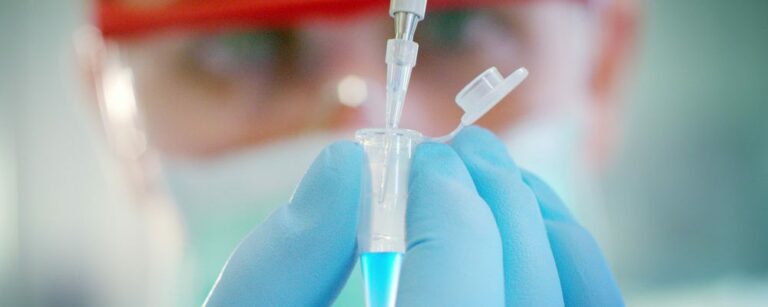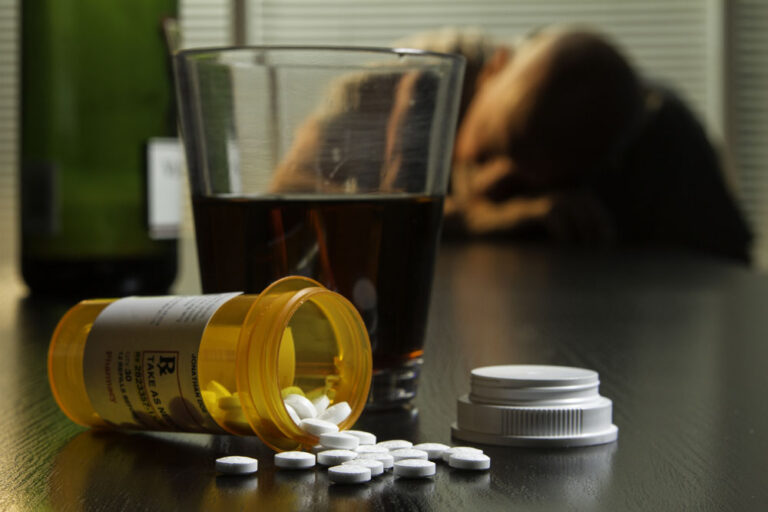How Effective is Alcoholism Treatment?
I’ve seen some of my friends start and stop rehab programs for drinking. It’s not because they changed their minds once they started treatment, either. Some of them have even been through a lot. They’ve lost jobs and lost their driver’s licenses and cars because of wrecks. Luckily, no one got hurt. Some even had marriages end.
Most of us started drinking as a way to chill. We’d get together and watch a movie or sit around and chat, maybe play some cards. We’d always have a glass of something next to us. We didn’t feel like we were doing anything that wasn’t normal though.
Alcohol was always easy to get, even when we were teenagers. If we couldn’t find somewhere that would sell it to us then we could always find a friend or relative to buy us some.
It wasn’t obvious at first that I had a problem, or that any of my friends did either. I wasn’t necessarily waking up thinking about how soon I could get a drink. Eventually though, something changed.
I went from drinking when I hung out with my friends to doing it after work. I’d sit down and want to relax, so hey, why not grab a drink? Then, there were some nights I had a hard time sleeping so I would get a drink or two.
Later on I started getting a drink at lunch. Had a few rough days at work and needed to calm down. It kind of all went upside down from there. Now I know I need to get some help but I’m scared. For a lot of reasons, really, but one in particular.
Will getting treatment even help me stop drinking?
One thing that was kind of confusing was that some of my friends who drank with us pretty much every time didn’t end up with a problem. I beat myself up over that quite a bit. I know I shouldn’t, but it’s hard. If they could stop whenever, why can’t I?
Learning More About Treatment for Alcohol

Alcohol-related problems that result from drinking too much, too fast, or too often are among the most significant public health issues in the United States.
Many people struggle with controlling their drinking at some time in their lives. Approximately 17 million adults ages 18 and older have an alcohol use disorder (AUD) and 1 in 10 children live in a home with a parent who has a drinking problem.
A few signs that a person may have an alcohol use disorder include:
- needing to drink to feel “normal”
- being unable to stop drinking despite trying
- concealing drinking from others
- doing things that harm oneself or others when drinking
- being distracted by cravings for alcohol
- needing to drink progressively more to get the same effects
The good news is no matter how severe the problem may seem, most people who struggle with alcoholism can benefit from some form of treatment.
Research shows that about one-third of people who are treated for alcohol problems have no further symptoms one year later. Many others substantially reduce their drinking and report fewer alcohol-related problems.
What Causes Alcoholism?
You might wonder why some people seem to struggle with alcohol while others don’t. Before we get into the information further, the best thing to remember is everyone’s situation is unique. That’s because all the things a person experiences make up who they are, in more ways than just whether they struggle with alcohol or not.
It’s important for people who are struggling with alcohol to have a better understanding of the situation. There’s a debate and quite a lot of stigma surrounding addiction, specifically about whether someone is struggling as a result of their choices or if genetics play a bigger role.
Humans all have a genetic predisposition for “addiction,” in a way, because there is an evolutionary advantage to that. For instance, when an animal eats a certain food it likes there is an advantage to associating pleasure with that food so that the animal will search for that food in the future.
In other words, the potential for addiction is hardwired into our brain. Everyone has eaten too much of their favorite food even though they knew it wasn’t good for them. That doesn’t mean everyone who tries alcohol or drugs will get addicted, however.
Although everyone has the potential for addiction, some people may be more predisposed to addiction than others. Some people drink more from the beginning. Other people start out as a moderate drinker and then become alcoholics later on. How does that happen?
One way is in fact through inheriting your genes. The National Institute of Alcohol Abuse and Alcoholism is very clear when they say genetics can influence someone’s potential for developing an alcohol use problem, but so much more goes into that possibility.
There is no “alcoholism gene.” Remember that. The reality is far more complex than we can sum up here, but it’s more like this: your parents’ genes contain certain codes that they inherited from their parents, and on and on, and every one of those people also had codes in their genes that were influenced by choice, along with their environment.
How Alcohol Can Affect You Genetically
Struggling with alcohol use can actually affect your genes by changing your brain’s chemical makeup.
Every time you drink alcohol you may be strengthening the wiring associated with drinking, specifically the release of endorphins that tell you you’re happy and calm. This can end up creating a cycle where you constantly seek that feeling, and if you know drinking produces the feeling, even subconsciously, you may end up chasing the feeling.
When you get into a cycle of using drugs or alcohol it can begin to rewire your brain in specific ways. If you start out with a low genetic predisposition for addiction, you can still end up with an addiction because it’s not just genetics affecting the outcome.
Researchers at the University of California San Diego School of Medicine experimented with mice and alcohol and found some interesting results. An alcohol-dependent mouse had clear and significant changes in its brain.
So we can conclude genetics can play a role in addiction, but do your choices also play a role in addiction?
How Does Choice Play Into Alcohol Use
If you think back to when you were sober, you’d find you did not consciously make a choice to struggle with addiction. Obviously. That is not what the choice theory is about. No one sits down and thinks “I want to struggle with alcohol for a while.” The choice model is more about our thought processes and how we are guided by our own thoughts.
Environmental factors like learned behaviors may impact those who struggle with addiction. Growing up in a household where one or both parents struggled with alcohol can contribute to a future struggle with alcohol because, the theory goes, you witnessed it, or “learned” how to cope with life’s struggles through alcohol.
Don’t think of this as learning like it takes place in school. It’s subconscious learning that is more like how your body learns not to touch something that is hot.
The choice model also considers environmental factors like poverty, which can substantially increase a person’s vulnerability to use drugs.
A study published by the U.S. National Library of Medicine found that poverty played an important role in predicting potential problems with alcohol consumption, including dependence and addiction.
Remember, there is no one thing that will determine if you or someone you know becomes addicted to alcohol. It’s a cumulation of factors and yes, genetics and choices play a role, but so do things like poverty and trauma.
What Makes Alcoholism Treatment Successful?
How do you know if your stay in a treatment center has been successful? The goal of alcohol treatment is to help you overcome your drinking problems and go through the rest of your life without alcohol. So, alcohol rehabilitation is considered successful if a person can leave the program and stay sober.
Treatment of 30-45 days or more has been shown to be the most effective in quitting drinking for good and for living a life of long-term sobriety.
In order for alcohol rehabilitation to be successful, a person needs to stay in treatment and dedicate themselves to recovery. That might make it sound simple. We understand how hard treatment can be, but the important thing to remember is the goal: a sober life!
Just like long-term drug rehabilitation, the duration and commitment to the rehabilitation treatment program for alcohol increases your chances of achieving long-term sobriety.
This means recovering from alcohol use requires a couple of things: first, you need to have the motivation to stop drinking and second, be willing to make an effort to change your life. A strong support system of non-drinking family and friends can greatly help you to maintain your recovery and focus on living an alcohol-free life.
Finally, someone is more likely to successfully complete an alcohol treatment program if they are following an addiction treatment plan created to address their individual wants and needs. Addiction specialists usually create these care plans from an assessment as well as your personal input. You can only participate in activities that resonate with you, so make sure rehab staff aligns treatment with your internal values and goals.
Reach Out Today and Let’s Start Your Recovery
Shadow Mountain always has someone standing by, ready to help you learn more about how our addiction rehabilitation program can help you or a loved one today. Lifelong recovery and healing can start right now. Don’t hesitate to get in touch by giving us a call at: 505-657-2117 or you can contact us via email or text today.









